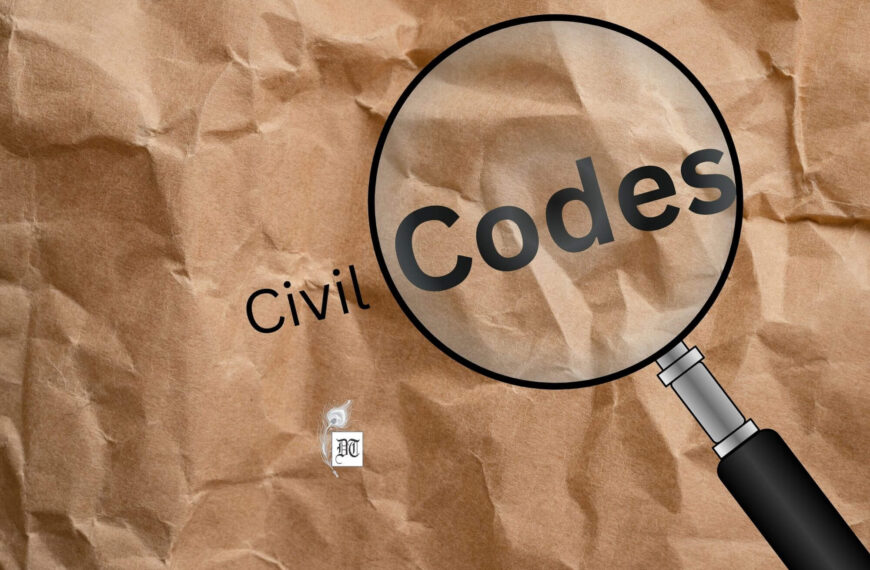Respect for all life forms are central to the Hindu consciousness. There are prescribed nonviolent ways of controlling pests and insects. Further, there are customs to protect animals. Special days and months are assigned for the people to abstain from non-vegetarian food. These help protect and propagate fish in Sravan, save other life forms. It helps to maintain a balance in the ecological pyramid. Here’s what Krishna has to say, in the weekly column, exclusively for Different Truths.
In India many herbal remedies are prescribed for managing insects and pests both at fields, farms and houses. This is harmless for human beings and the intruding insects, suggesting that man can live without killing insects. There are nonviolent ways of handling the menace.
Metropolitans may not believe that even cockroach, the widely hated insect, is also accepted as ‘creature of Maa Lakshmi’ in rural places and not killed vehemently; if the cockroach population bothers them, they just sprinkle turmeric powder to drive these out.
Unwanted small creatures ants are also managed at house level without killing them by sprinkling some turmeric powder; if the turmeric powder is pure surely ants would flee. Sometimes ants get inside stored food items especially sugar; to chase them out few cloves are kept inside and lid is covered lightly within few minute ants leave the container. These are non-violent ways to manage ants that is followed by many Hindu to this day.
Hindu faiths have protected the ‘detestable’ and ‘dangerous’ small creatures also too.
House lizards are not killed. Till now lizards move happily on the walls and eating insects — this may be risky, still it’s a live example of eco-friendly insect control.
Rat and mouse are the Vahana of Lord Ganesha. These not killed vehemently in Hindu homes, especially in rural areas. Even some grocery stores, storehouses do not use rat poison to eradicate them. I have seen village folks catch rats in cages and carry these on bicycles or bikes for miles to release it in open fields! One villager told me when rats bother them too much they catch one rat, put handful of vermillion on its head and release it. In two three months the rats vanish! It’s a splendid way of managing biodiversity.
In Hindu faith disturbing or killing snakes or any animal that are engaged in coitus is considered an impious act. Union of snakes is considered very good sign. Killing them during coitus is strictly prohibited. This shows respect to animals and protects life and growth of the species.
Customs to Protect Animals
Several daily practices are adopted in Hindu culture to ensure routine conservation of animals. For example: Monday, Thursday and Saturday are declared as vegetarian food-days; this custom is followed by millions, especially by women and aged people. Most of the Hindu families abstain from eating meat or chicken on Thursdays. These small gestures are also a great saviour of ecosystem when practiced by the populace.
The Hindu month of Sravan is considered holy. Lord Shiva is offered jalabhiseka (felicitation with water) by millions of devotees and during the month of Sravan eating fish is strictly prohibited. Sravan month falls in the month of mid-July to mid-August, this is the prime time for fishes to bear and release eggs, thus such practice entwined with culture no doubt is a very good booster for saving ecosystem.
Month of Kartika (mid-October to mid-November) is also observed as sacred month and many observe vrata (fasts). They do not eat any non-vegetarian food during this month.
Last day of Hindu month is called as Sankranti. It is considered as a holy day and non-vegetarian food is not eaten on the day.
Fasting to clean body and mind is an important part of Hindu culture. People choose any sacred day of a week to observe fast regularly for years as per their devotion to God. Fasting on Monday is observed to please God Shiva, fasting on Tuesday is to please Goddess Mangala, Friday is observed for Devi Santoshi, Saturday for Shani deva. Also during festivals, devotees observe fasting. Only water with lemon, no salt and sweet fruits are eaten on these days. This practice of routine fasting also helps man to be self-disciplined, it avoids wastage of food, and frees the mind from greed of food, cleansing the body and mind. Indeed a kind human being is an important key to creating a good and peaceful life in this world!
©Dr. Krishna Hota
Pix from Net.






 By
By

 By
By
 By
By